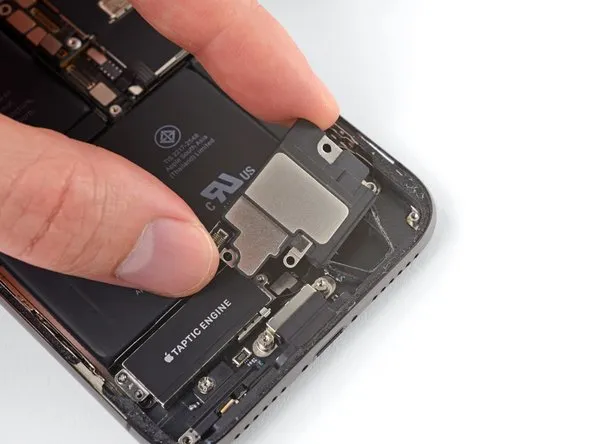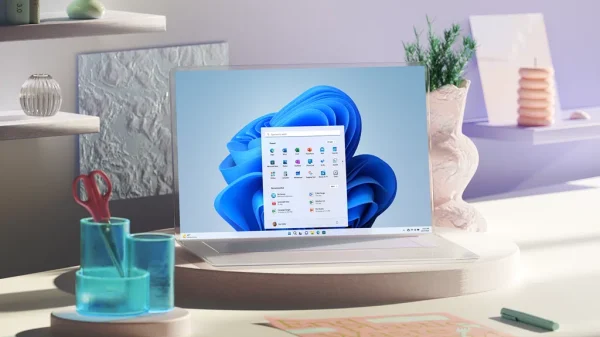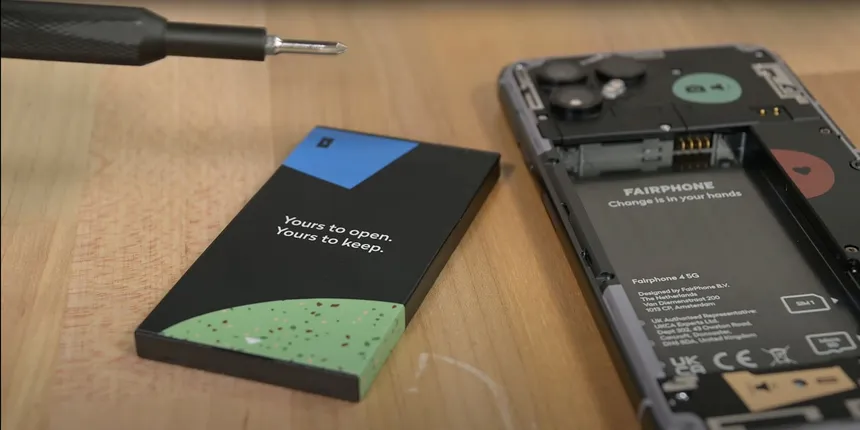In a bold move, Apple is reportedly exploring a new technology that will make it easier for people to remove and replace batteries inside their iPhones. This innovative development comes as a response to the European Union’s (E.U.) drive towards sustainability and a cleaner future. The E.U. has introduced regulations that aim to reduce electronic waste and give consumers the right to easily replace batteries in their electronic products.
The new technology, known as electrically induced adhesive debonding, involves encasing the battery in metal instead of the traditional foil, allowing for the battery to be easily dislodged from the chassis by administering a small jolt of electricity. This method is expected to simplify the process of replacing batteries, making it less complex and messy than the current adhesive-based approach.
The E.U.’s new regulations aim to reduce electronic waste by introducing targets for recycling efficiency, material recovery, and recycled content. Starting in 2027, consumers will be able to remove and replace portable batteries in their electronic products at any time, and all collected waste batteries will need to be recycled.
Apple’s shift towards this new technology is also driven by the E.U.’s Right to Repair initiative, which encourages manufacturers to design products that are easily repairable and sustainable. The company has faced criticism in the past for using adhesive-based approaches that make it difficult for consumers to repair or replace components.

Apple’s Revolutionary Shift towards Battery Replacement Easy
The technology itself relies on electrically responsive adhesives that can be activated remotely, eliminating the need for direct physical contact with the bonded parts. These adhesives are particularly useful in urgent situations or for components requiring frequent disassembly. The process involves adding ionic components, such as dissolved salts or ionic liquids, to the adhesive mixture, which enables the adhesive to respond to electrical stimulation.
The use of electricity instead of heat offers several benefits, including reducing the risk of mechanical, thermal, or chemical damage to internal components. The whole approach requires the use of conductive substrates, such as metals or materials coated with a conductive layer, and the debonding process can be started by applying a voltage across the two bonded surfaces.
Apple’s adoption of this technology has the potential to revolutionize the way batteries are replaced and repaired in the future. The company’s commitment to sustainability and ease of repair is a welcome development, especially in an era where electronic waste is becoming an increasingly pressing issue. As the world moves towards a more circular economy, Apple’s innovative approach is likely to set a new standard for the tech industry.
Apple’s shift towards electrically induced adhesive debonding is a significant step towards making battery replacement and repair easier, more convenient, and more sustainable. As the company continues to innovate and explore new technologies, it is likely that we will see further advancements that prioritize sustainability and consumer convenience. With this development, Apple is once again demonstrating its commitment to being at the forefront of technological innovation and environmental responsibility.








































